
BEER CULTURE SUMMIT CONTENT ARCHIVE
Who doesn’t love the Beatles? Who doesn’t love Bowie? Who doesn’t love beer?
One element that we’ve all greatly missed throughout most of 2020 is the ability to gather and listen to live music. We decided that the best and most festive way to conclude this year’s Summit is with a live performance featuring the music of two of the most infamous and beloved acts in music history.
While the Elementary Penguins belt out some of our favorite Beatles and Bowie tunes, Beatles author and expert, Stu Shea will share historic Beatles tidbits in the chat. And mixed in with that, Master Cicerone, Niel Witte from Cicerone will share some fun facts about British beer styles. Bloody brilliant!
Panelists: Stu Shea, Niel Witte
Join April and Toni of BlaQ & Soul for dinner tonight! As April prepares Blackened Chicken Cajun Pasta, Toni discusses the history of blackening and will also guide you through beer pairings.
Panelists: April and Toni Boyce
While many are familiar with the Scandinavian hot spiced mulled wine known as Glögg, the beer equivalent gets less air time. Rooted in German tradition, beer poking – the practice of placing a hot iron into a fire and then placing it into your beer – offers all kinds of warmth and comfort during those cold winter nights.
Gather with us for a literal fireside chat with Michael Roper of Hopleaf and Hagen Dost of Dovetail Brewery to dispel the widely held belief that beer is best enjoyed when ice cold. Hosted from the beer garden at Hopleaf, the duo will demo beer poking, will sample and discuss hot beer, and talk a bit about its long forgotten history.
Panelists: Michael Roper (Hopleaf), Hagen Dost (Dovetail Brewery)
Albany, New York’s capital city, and beer have been indelibly tied for nearly 400 years. The city’s location, politics, mix of culture and thirst built an implausible industry that culminated in the 19th century, with its namesake ale shipped across North America.
Join author and historian, Craig Gravina as he tells the tale of the Upper Hudson Valley’s centuries long journey with beer, and why and how Albany and it’s famous ale became a phenomenon.
Panelists: Craig Gravina (Author and Historian)
Em Sauter, cartoonist, advanced cicerone and founder of the illustrated beer education website Pints and Panels will discuss her beer and comic journey and showcase some of her favorite comics along the way.
Panelists: Em Sauter (Pints + Panels)
Join Randy Mosher as he demonstrates that tasting beer leads to richer understanding of our often hidden inner life. From the way our senses work to their connection to our emotion and memory tasting reveals an almost totally hidden part of our selves that usually operates without conscious intervention. Sensory learning is quite different from the type of learning we normally engage in and takes a different approach to do it successfully. Along the way, we'll get a tour of the mind as well as the landscape of beer flavor and pick up a few hints about becoming a better and more perceptive taster.
Panelists: Randy Mosher
Join Carillon Head Brewer Kyle Spears and Lead Brewer Dan Lauro as acclaimed beer journalist, and Certified Cicerone, David Nilsen guides us through a conversation centered on why they are brewing using the system they do. Enjoy as David, Dan, and Kyle explore the importance in brewing beer utilizing such an anachronistic and laborious approach. Discover why they think it’s important to brew beer in this manner and what it is that they, and others, stand to gain from using such an outmoded brewhouse. Consider the terroir of place and process as it relates to the drinking experience and listen as they discuss how it is an integral part of not only their beer but others’ brews as well.
Panelists: Kyle Spears (Carillon Brewing Company), Dan Lauro (Carillon Brewing Company)
Moderator: David Nilsen (North American Guild of Beer Writers)
Two Steins, Peter J. a sociologist and Michael V. a beer historian, will explore the seldom-heard history of Jews in beer. The Steins will tell stories of their paternal ancestor Joseph Stein, a Bohemian merchant, as well as Jakub Pinkas, owner of the famed Old Town tavern U Pinkasu who poured the first Pilsner Urquell in Prague. Stories of Bavarian Jews Josef Schulein and Jakob von Hirsch include modernizing Munich breweries and their scaling up from a cottage industry into industrial powerhouses. Dr. Peter J. and Michael V. will trace the stories of Jews in beer in Czech and German lands and highlight what has been left out of popular beer history.
Panelists: Peter J. Stein, Michael V. Stein
The collections of the Smithsonian Institution's National Museum of American History include more than 1.2 million objects, including artifacts related to the histories of beer and brewing. Since early 2017, Theresa McCulla has collected objects and documents to preserve the stories of homebrewing and craft beer in the U.S. She is also building an archive of voices, recording oral histories with people who have shaped the course of homebrewing, microbrewing, and craft beer. In this session, McCulla will share a selection of audio clips from some of her most intriguing oral histories to date.
Panelists: Theresa McCulla (National Museum of American History)
1 Farm. 1 Family. 13 Generations. 381 Years. Beginning with a tour of Ballykilcavan Farm and Brewery, this talk and tour will discuss the history of Irish brewing, with a focus on the relationship between beer and the 1641 Depositions.
The Ballykilcavan Farm has been in the family since 1639 and one of their ancestors actually appears within these sources. But what are they exactly? In the middle of the 17th-century Ireland was embroiled in a wave of violence pitting the native Irish Catholics against the colonizing Protestant British forces. Utilizing the depositions from this period, this talk will look at the intersections of English and Irish identity as it related to the consumption and creation of beer or ale. Starting with a tour of the brewery and its history, it will link the modern brew house to its place within Irish history. It will also consider the relationship, or perceived relationship between ale and Irishness and beer and Englishness.
Ballykilcavan farm has been in the family since 1639, with 13 generations of the family living and working there. The modern brew house is found in the grain store dating to the 1780s. At the farm, they grow their own barley for use in their beer and have also recently added a small hop garden, which they use to brew their Fresh Hopped pale ale.
Panelists: David Walsh, Dr. Christina Wade (Historian, Dublin, Ireland)
Halloween isn’t over until the Brewseum says it is! Gather around the cauldron for this very special Friday the 13th “hoppy hour” conversation. Your trio of trouble brews up a mighty serving separating fact from fiction around the idea that Medieval alewives (brewsters) inspired our stereotypical image of witches. Squaring pointy hats, broomsticks, and black cats against pints, ale-sticks, and hop-backs, grab your beer and get ready for an assize of an argument!
Panelists: Rachel Chris (Salem Witch Museum. Salem, MA), Lucas Livingston (Chicago Brewseum), Dr. Christina Wade (Historian, Dublin, Ireland)
Wisconsin is a state known historically for its brewing industry. While Milwaukee often gets most of the attention when it comes to beer, the rest of the state’s smaller cities and towns are also to thank for that reputation. With major waves of German immigration settling in Wisconsin during the second half of the 19th century, many settled in small towns and started small breweries to quench the thirst of the local population. This panel seeks to uncover some of the stories of the state’s smaller brewing centers and examine the people and food systems that created them.
Panelists: Doug Hoverson (Author of The Drink That Made Wisconsin Famous), Jennifer Jordan (University of Wisconsin-Milwaukee), Lee Reiherzer (Author of Winnebago County Beer)
Moderator: John Harry (UW-Milwaukee)
Beer history nerds united! Whether you’re currently engaged in beer history work and research, or if you’re just interested in learning more, gather with us for an informal meet up of beer historians, archivists and researchers. We’ll meet one another and have a chat over some beers while Tiah Edmunson-Morton, Curator of the Oregon Hop Archives and Dr. Jennifer Jordan of the University of Wisconsin, Milwaukee facilitate an informal conversation.
Panelists: Tiah Edmunson-Morton (Oregon Hops and Brewing Archives), Dr. Jennifer Jordan (University of Wisconsin, Milwaukee)
Explore Metier Brewing Company with co-owner, Rodney Hines.
Metier means “one’s calling,” and at Metier Brewing Company, the calling is brewing damn good beer and building stronger community to inspire bigger dreams for all. MBC opened in July 2018 and has already gained recognition for its beers, with medals for three. As one of the few black-owned breweries in the country, they know representation matters. From their kid-pet-and-event-friendly taproom in Woodinville’s Artisan Hill District, to the vendors and charities they partner with, to their beer label art, MBC is expanding the craft beer space so more folks see themselves reflected and welcomed. MBC hopes it inspires others to continually stop and consider who is missing or not represented.
Guide: Rodney Hines (Metier Brewing Company)
Drinking was a Renaissance pastime, and an all-too human foible. From pop-up prints to visual poetry, Suzanne Karr Schmidt of the Newberry Library, leads us on an irreverent talk that will reveal some of the more unusual ways premodern artists and writers reacted to the pleasures and perils of liquid overindulgence.
Panelists: Suzanne Karr Schmidt (Newberry Library)
In the world of craft beer, there are thousands of individual beer names, and a push to stand out among competitors. Choosing a unique name is hard enough - but several high-profile instances of poorly chosen names and brand choices have made this task even harder. In this talk, beer writer Carla Jean Lauter will go over some practical tools and best practices for choosing beer names and branding, as well as talk about why inclusive branding is so important to the growing craft beer industry.
Panelists: Carla Jean Lauter
Many housewives and enslaved people in Colonial American brewed beer for home use during the 18th century. Using molasses wheat bran and hops to create what was commonly called small beer in 18th century Virginia, Master of Historic Foodways at Colonial Williamsburg, Frank Clark, offers brews a small beer recipe from Virginia’s first cookbook, The Virginia Housewife. During this demo, Frank will also discuss the brewing process and the roles of women and enslaved people who did this essential work during this historic period in American history.
Panelists: Frank Clark (Master of Historic Foodways at Colonial Williamsburg)
Few scholars work on the history of hops, but it is perhaps the most recognizable beer ingredient from a general populous perspective. Hops are almost exclusively used for beer production where other brewing ingredients demonstrate greater versatility. As a result, this panel will explore how the history of that one ingredient (hops) has single-handedly molded and evolved beer and the art of brewing in the West World.
Panelists: Dr. William Bauer (University of Nevada), Frank Clark (Master of Historic Foodways at Colonial Williamsburg), Martyn Cornell (Beer historian, London), Stan Hieronymus (Beer historian and author. Atlanta, GA), Travis Rupp (University of Colorado, Boulder, CO), Mitch Steele (New Realm Brewing Company)
Historically, bars have been places for people to gather, drink, and meet with like people. Much like the 19th century immigrants who found commonalities and comfort within the walls of ethnic taverns, the LGBTQ+ community has also traditionally found comfort, safety, (some) normalcy, and a sense of belonging in these taverns, or third spaces. But for many, that simply does not happen. While some people have found a sense of belonging, others have found bars as social spaces to be unwelcoming and unsafe.
Join Team USA athlete Chris Mosier and Liz Garibay, Chicago Brewseum Executive Director, as they discuss coming out, alcohol, fitting in, finding a sense of belonging and creating social change through the lens of group affiliation and social spaces.
Panelists: Chris Mosier (Olympic athlete), Liz Garibay (Chicago Brewseum)
People with disabilities comprise a huge segment of the population, consumer market, and potential workforce. One in four adults in the U.S. has a disability and many disabilities are invisible or not readily apparent to others.
Join the conversation with three brewing industry professionals with diverse backgrounds and experiences to discuss unique approaches to issues of equity, inclusion, and accessibility for people with disabilities in beer culture and the brewing industry. We’ll showcase excellent models for inclusivity and cover some easy steps to make your favorite taproom more accessible to the community. (After all, it’s the law.) Disability is diversity!
American Sign Language (ASL) interpretation for this event will be provided by Roberto Santiago of Bay Area Independent Interpreters.
Panelists: Mark Burke (Streetcar 82 Brewing Company. Hyattsville, MD), Tiffany Fixter (Brewability Lab. Englewood, CO), Jonathan Ward (Brewery Vivant and Broad Leaf Local Beer. Grand Rapids, MI)
Moderator: Lucas Livingston (Chicago Brewseum)
A motley crew of current and former beer professionals walk into a bar -- wait what? They can't really do that right now? Because of the pandemic? Max of 4 people to a table? Okay never mind, we'll do something else. Thank you for letting us know.
A motley crew of current and former beer professionals sit in front of their laptops in their respective homes and discuss the virtual beer community informally known as Beer Twitter - the good, the bad, and the borderline absurd. Moderated by Andrés Muñoz.
Panelists: Libby Crider, Daniel Gerow, Samer Khudairi, Robin LeBlanc, Ren Navarro, Jackie Romero
Moderator: Andrés Muñoz
Following a discussion of their book, David Brunsma and Nate Chapman moderate a conversation featuring Alex Kidd, Ale Sharpton, Shyla Sheppard, and Garrett Oliver.
Panelists: Alex Kidd, Ale Sharpton, Shyla Sheppard, Garrett Oliver
Moderators: David Brunsma, Nate Chapman
Beer in the United States has always been bound up with race, racism, and the construction of white institutions and identities. Given the very quick rise of craft beer, as well as the myopic scholarly focus on economic and historical trends in the field, there is an urgent need to take stock of the intersectional inequalities that such realities gloss over.
Authors David Brunsma and Nate Chapman join us for an overview of their book, Beer and Racism: How Beer Became White, Why It Matters, and the Movements to Change It. They will also discuss its motivations and key findings.
Panelists: David L. Brunsma, Nathaniel G. Chapman
We often think of the beer industry in terms of its final product: ales and lagers. But those beers are designed, brewed, and sold by people. This panel discussion will focus on the work that goes into beer, and the labor used to produce it. We'll explore how immigration, organized labor groups, race, and gender have shaped America's beer industry, from historic and contemporary perspectives. Moderated by Kate Bernot.
Panelists: Blake Dahlstrom (Anchor Brewing Company), Ryan Dearinger (Eastern Oregon University), Patrice M. Palmer (Colorado State University)
Moderator: Kate Bernot
Beer history is not always what we think, especially regarding Belgium, whose true story has not often been told. Trappist beers are not ancient. Spices were copied from the English. Almost all beers contained wheat in the past. Farmhouse beer may not have existed as we imagine it. Author Randy Mosher uses old written and visual sources related to Belgian beers and brewing to lead an exploration of this great brewing tradition, revealing strange tastes, exotic brewing methods and long-forgotten beer styles.
Panelists: Randy Mosher
The tables of the nobility in Tudor England were groaning with foods and drinks from all over the world. Choice was King, and it’s good to be King. This discussion takes us from the dining of the Tudor Kings and Queens to the drinks that accompanied their meal. Beer was the new boy on the block. We will look at the rising hoppy star and take a look at a new project trying to recreate this long forgotten taste.
Panelists: Marc Meltonville (Food & Drink Historian, UK)
On April 21, 1855, tavern owners and beer drinkers from neighborhoods across the city marched downtown to City Hall to protest the close of bars on Sundays and the increase of liquor license fees. As marchers approached the Chicago River, American Party Mayor Levi Boone, ordered the swing bridges closed, trapping protesters on the Clark Street Bridge. The complex, layered and important incident - known as the 1855 Lager Beer Riots - was Chicago’s first documented moment of civil unrest. And it was all rooted in culture, beer, and freedom.
Revolution Brewing has crafted a Bohemian Keller Pils that honors this key event in Chicago’s history. Join Rev Brew founder, Josh Deth, Revolution Brewing Head Brewer, Jim Cibak, and Rev Brewing Communications Manager, John Carruthers for a conversation about Riot.
Panelists: Josh Deth (Revolution Brewing), Jim Cibak (Revolution Brewing), John Carruthers (Revolution Brewing)
The magical elixir known as Malört is proudly crafted in Chicago by CH Distillery. Join us for a tour of the facility with distiller Yo Yarborough to take a look into how Malort came to be, how it's made and processed, and why it's so damn good.
Panelists: Yo Yarborough (CH Distillery)
This panel presents two historical perspectives on the connection of beer to a national narrative and identity in Central Europe. Germany, and the Czech Lands both have strong sentimental and economic connections to beer and their local brewing industries. We explore specific examples from each location as we discuss the ways in which people developed and utilized their social and financial connections to beer as ways to connect to - and win - the support of “the masses.”
Panelists: John Gillespie (Vanderbilt University), Alison Orton (University of Illinois at Chicago)
Dr. J Jackson-Beckham and Garret Oliver come together to kick off this year’s Beer Culture Summit with a conversation you’re not expecting.
Panelists: Dr. J Jackson-Beckham, Garret Oliver
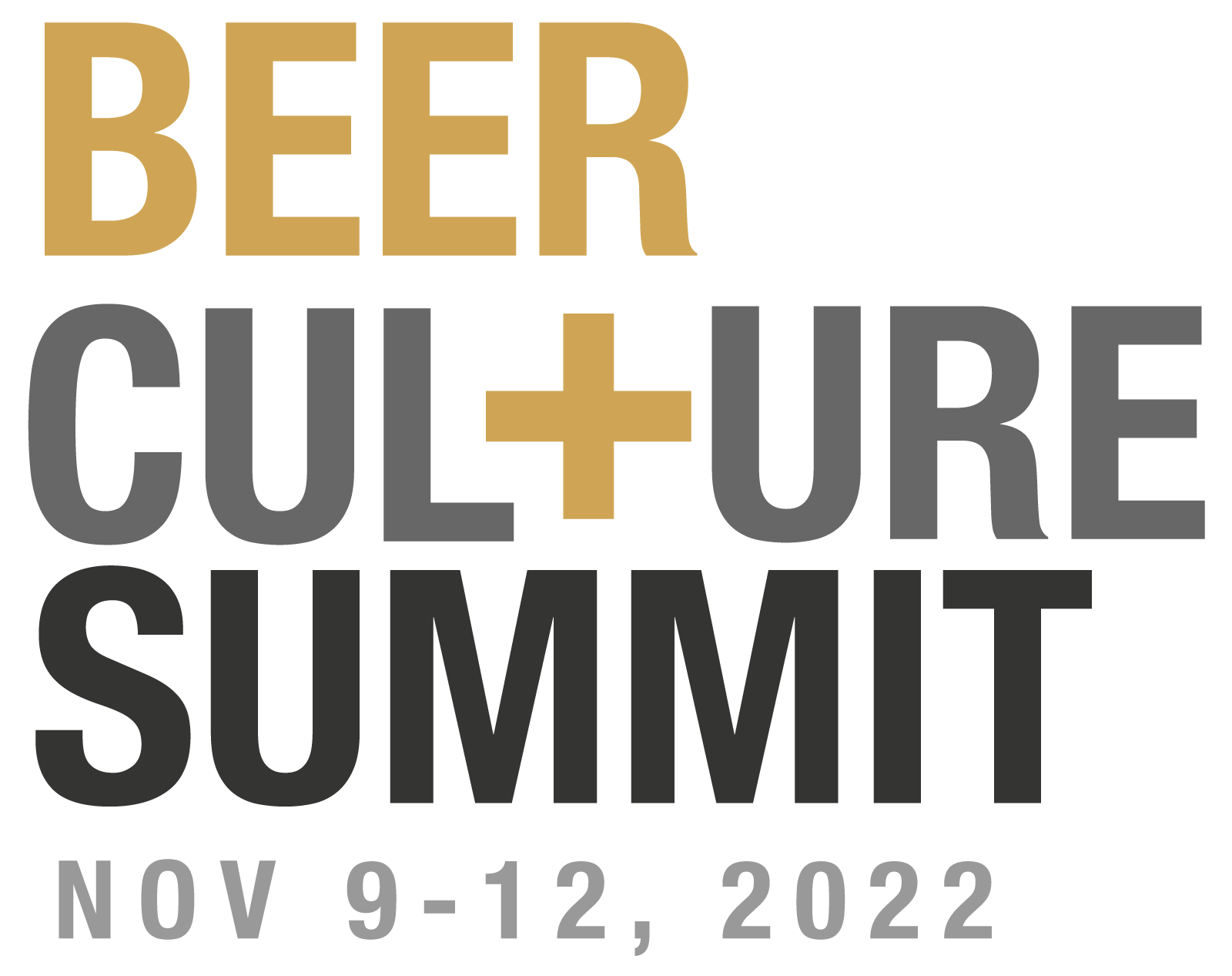
The Beer Culture Summit is our annual four day conference that embraces one very important aspect of our mission: that beer is more than a just a beverage. We acknowledge that it is a dynamic cultural force with the power to bring people together and the ability to influence change. Around the globe, an ever-growing community of researchers, professionals, and everyday beer enthusiasts strives to learn more about beer’s historic legacies and modern worth. The Summit aims to be the forum to bring them all to the table for a pint and a discussion.
See you next Fall for our 4th Annual Beer Culture Summit.





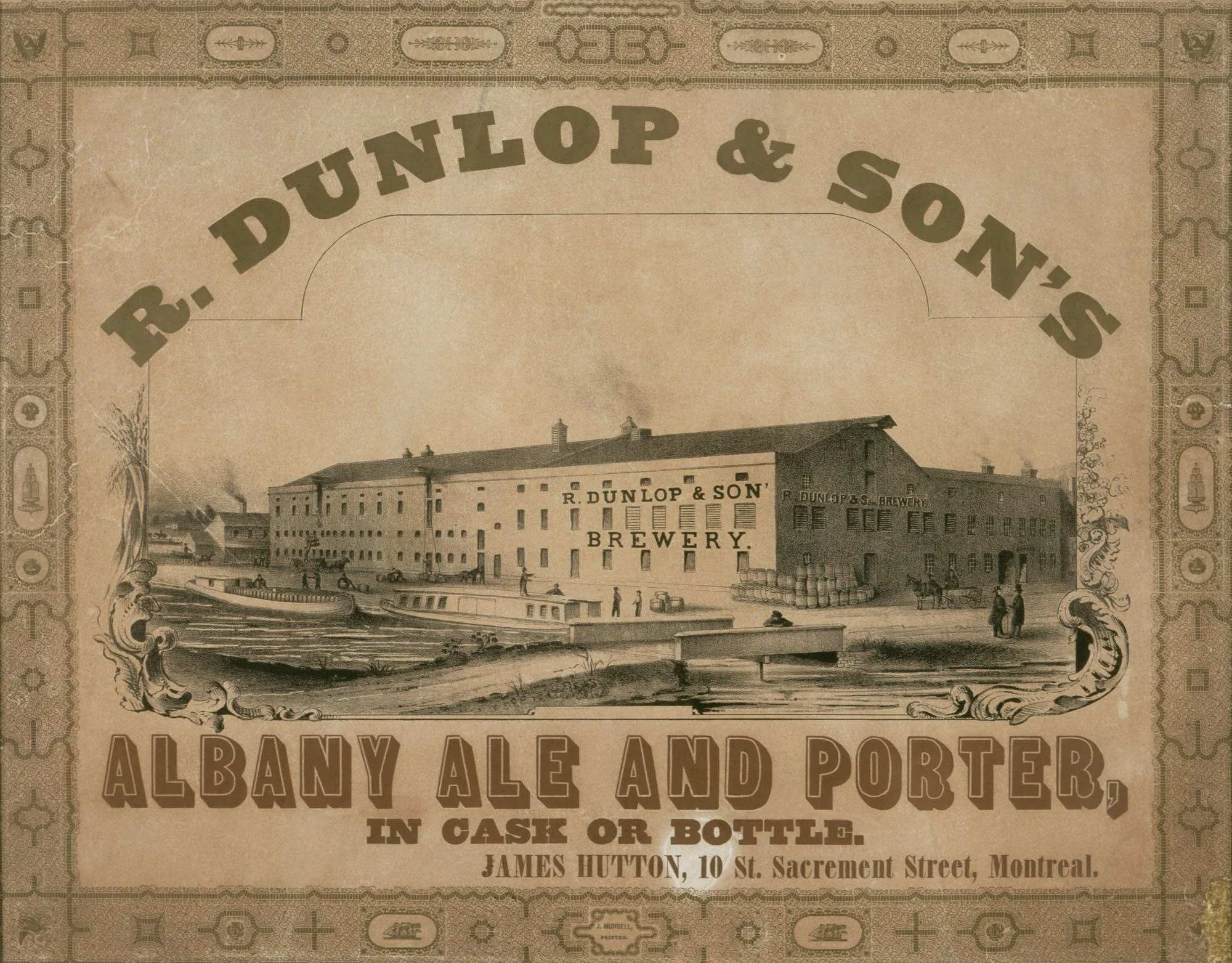




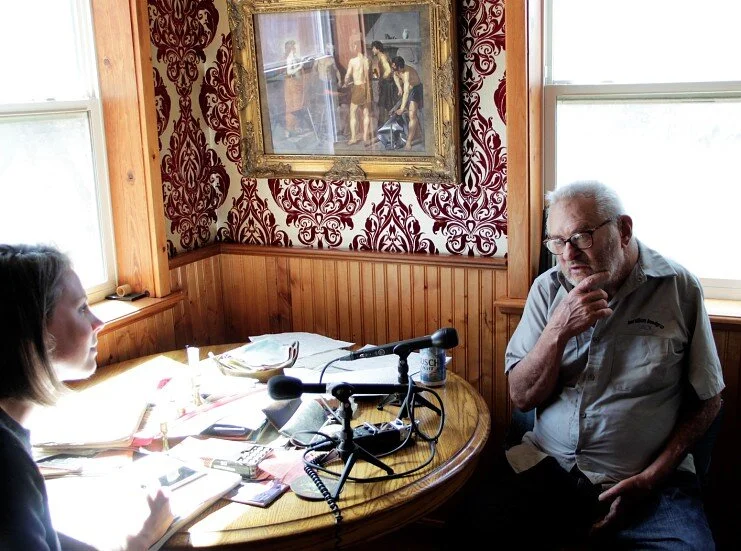








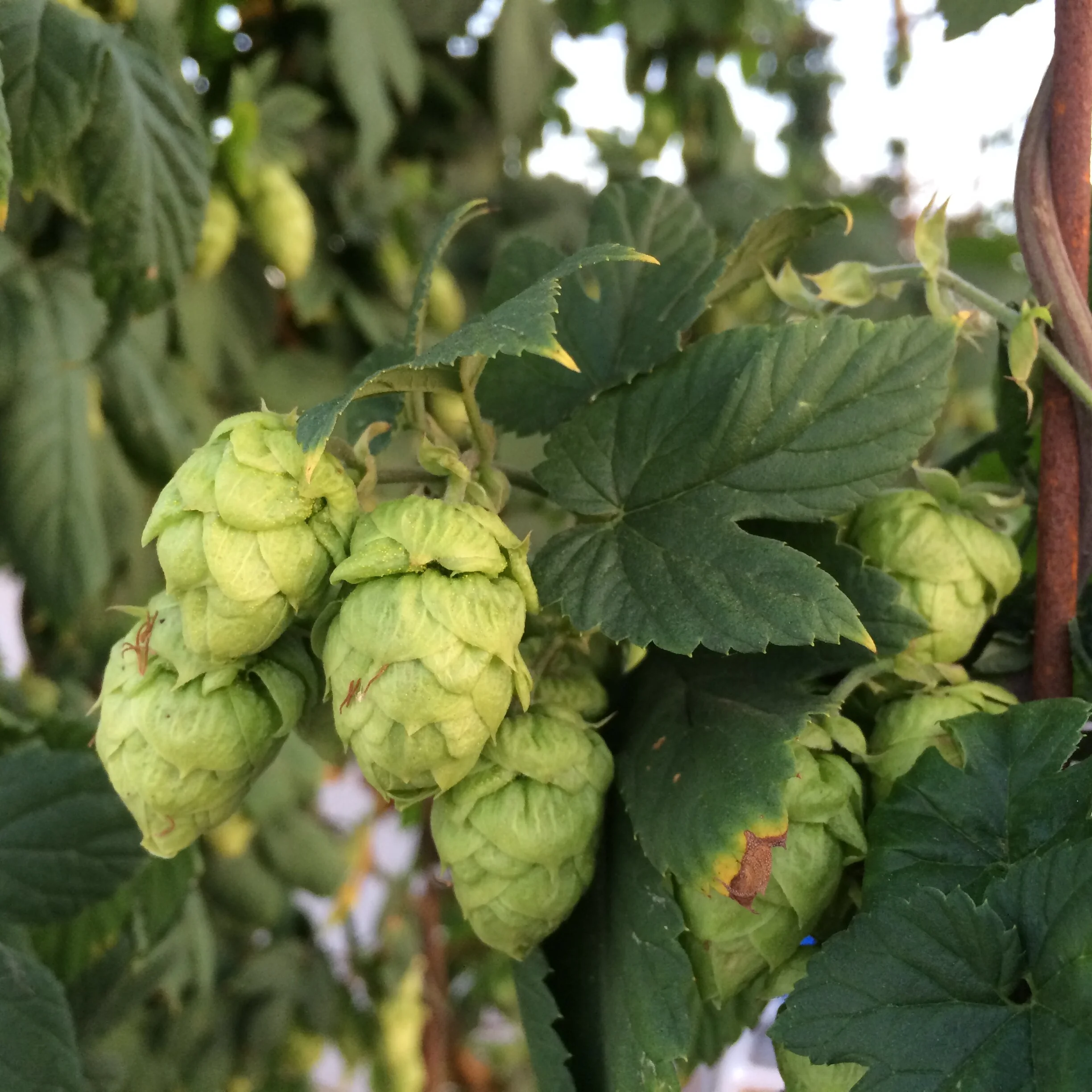


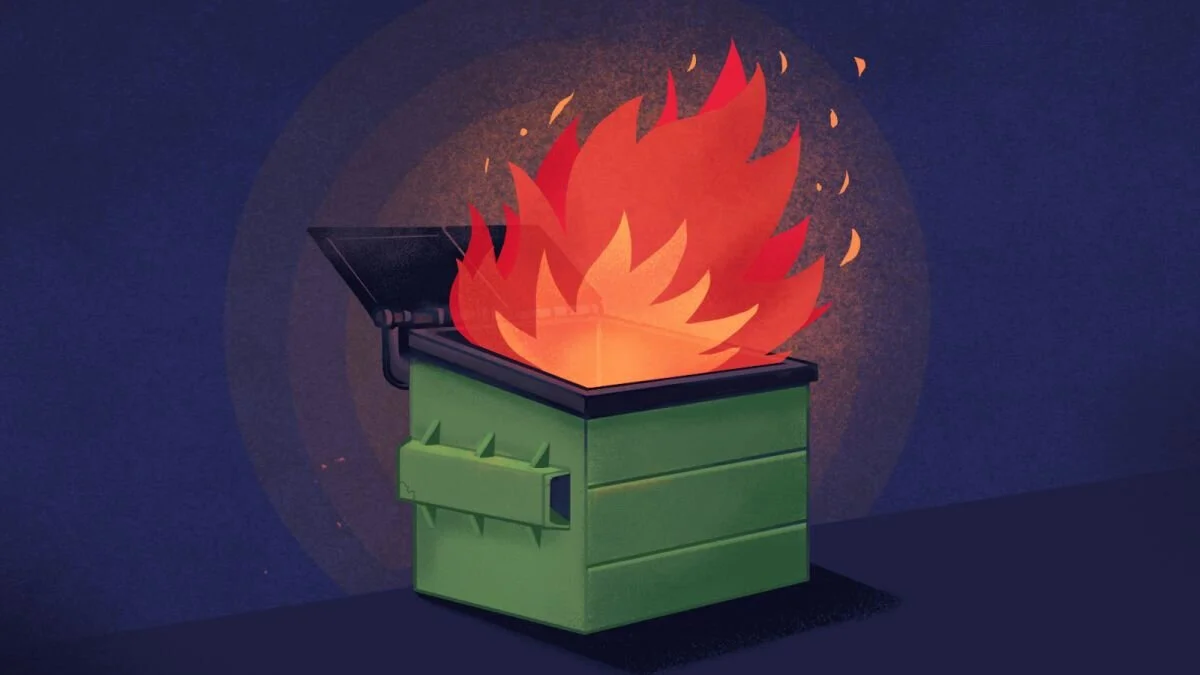









Take an exclusive look at the newest exhibition at the Detroit Historical Museum in Detroit, Michigan, Detroit’s Brewing Heritage. Join Detroit Historical Society Senior Curator Joel Stone for a look into the exhibition and history lesson, outlining how Detroit’s brewing scene has developed since its first brewer, Joseph Parent, arrived in 1706. Following the tour, Stone will be joined by beer industry professional Kristy-Melquist Smith to give an update on Detroit’s brewing legacy today and answer any questions.
Panelists: Joel Stone (Detroit Historical Society), Kristy Melquist-Smith (Erie Brewing Company)